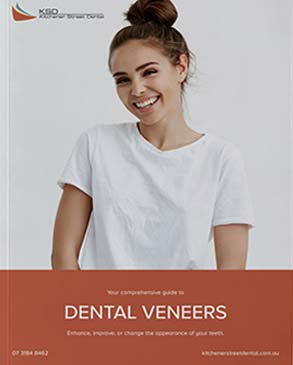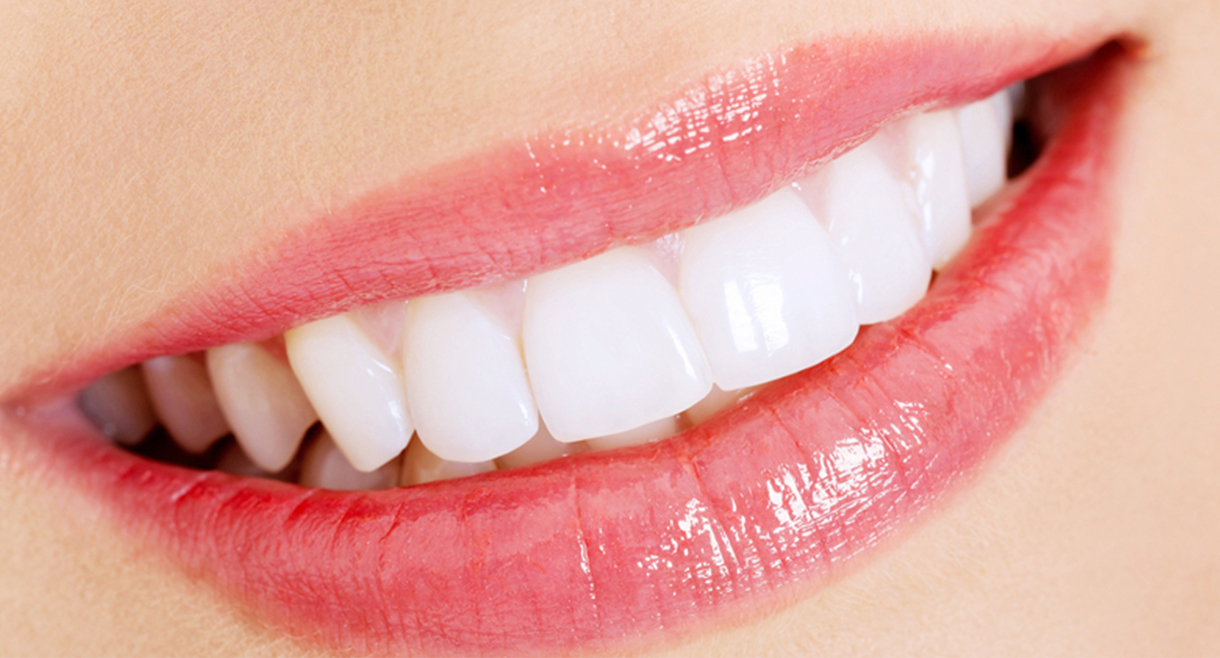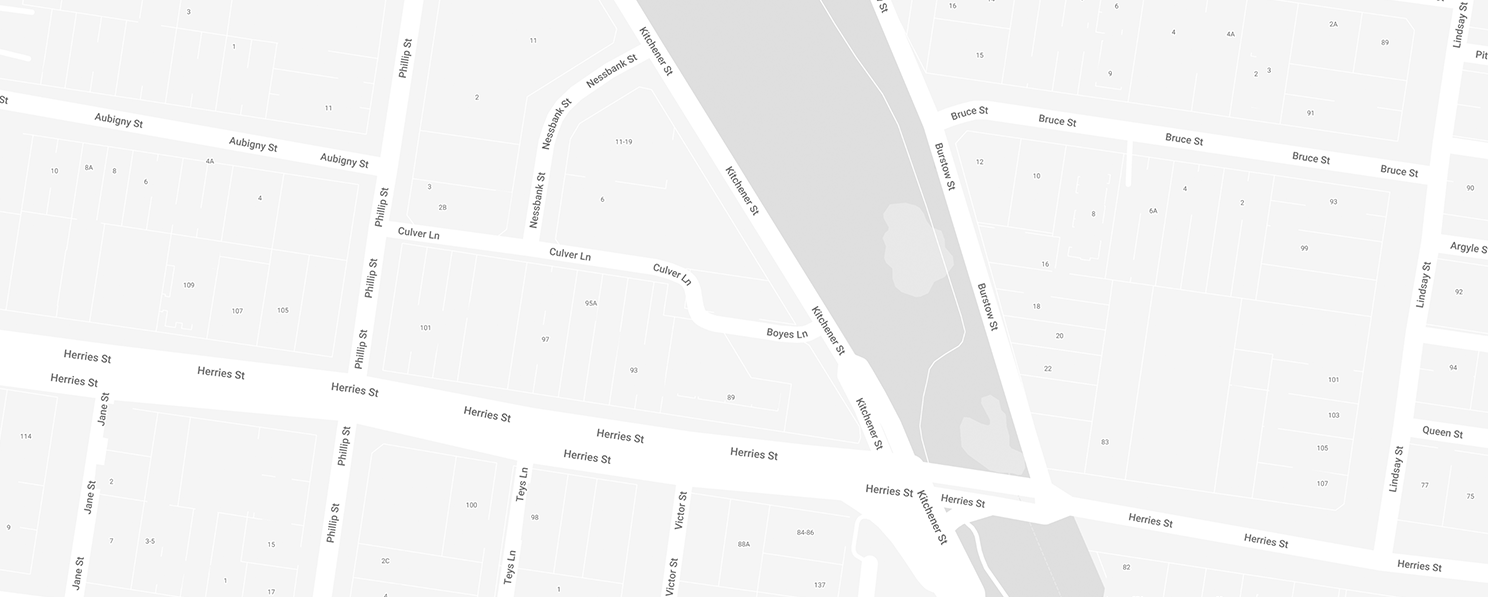In case of a dental emergency, please call immediately!
Is teeth whitening safe for your teeth?
With the rise of DIY tooth whitening kits and their clever marketing gimmicks, more and more people are looking for easy ways to get whiter teeth.
From whitening strips to toothpastes, and DIY kits to dentist-provided options, you have a tonne of choices.
But which one is safe? Which one will give you whiter teeth without adversely affecting your oral health?
Is whitening your teeth safe?
There are 5 main ways you can whiten your teeth. And only two of them have an incredibly low margin for error.
Because whitening your teeth should be safe. Since it’s a purely cosmetic treatment designed to change the outer layer (the enamel) of your teeth.
Whitening products should only affect the enamel of your teeth. Which means that all the products mentioned below will only work if the reason your teeth are discoloured is cosmetic.
If the stains are intrinsic (stains within the tooth structure), the majority of whitening products won’t work. Many people have found this out the hard way, purchasing expensive DIY kits only for them to have no effect.
5 ways to whiten your teeth, and how safe are they
The 5 teeth whitening methods are:
- Whitening toothpastes
- Teeth whitening strips
- Over-the-counter and DIY kits
- Teeth whitening from beauty parlours/salons
- Teeth whitening from a dentist
Some of these options are harmless, and they will—mostly—work. Others have the potential for doing more harm than good. And then there’s ones that are trusted and reliable.
1. Whitening toothpastes: are they safe for your teeth?
Whitening toothpastes work.
Provided, of course, the cause of your stain is extrinsic. And provided you brush your teeth twice a day, drink plenty of water and minimise your consumption of food that can stain your teeth.
In its policy statement “Community Oral Health Promotion: Teeth Whitening (Bleaching) By Persons Other Than Dental Practitioners”, the Australian Dental Association says that toothpastes with less than 3% of hydrogen peroxide have been used for “many years with few problems,” and as long as the concentration remains less than 3%, there shouldn’t be any major concerns.
2. Teeth whitening strips: are they safe for your teeth?
Technically, whitening strips work. But it comes down to finding the right brand. Some brands, the ones that contain the legal amount of hydrogen peroxide and don’t contain chlorine dioxide are fine.
However, whitening strips to tend to dehydrate your teeth. Which helps give the appearance of whiter teeth. But dehydration’s (obviously) neither healthy nor good for your teeth.
3. Over the counter/DIY kits: are they safe for your teeth?
Products not used by a dentist are only legally allowed to have less than 3% of hydrogen peroxide. Which means the treatments will take longer to produce the same results as a dentist provided treatment.
Over the counter and DIY kits also can’t provide a check-up and clean to ensure teeth whitening is actually going to deliver your desired outcome. And the trays are usually boil-and-bite. This means you have to heat the mould, bite it and then it’ll cool down into some vague shape resembling your bite.
This technique is not an accurate way to get a mould of your teeth. On occasion, this can cause the teeth bleaching gel to leak onto your gums causing mild discomfort and burns.
4. Teeth whitening from beauty parlours/salons: is it safe for your teeth?
This can be a complicated issue. In some Australian states, you have to be a qualified dentist to perform teeth whitening. After that, it comes down to the quality of the whitening product used and the person applying it.
The other important aspect of this to point out is: people in chemists, beauty parlours and salons typically aren’t qualified oral health professionals.
They can’t look at your teeth and determine if teeth whitening will actually treat your discoloured teeth. Because they don’t know what to look for. Nor do they—usually—have the equipment to look for the cause of your tooth discolouration.
5. Teeth whitening from a dentist: is it safe for your teeth?
Dentists are qualified oral health professionals. Our job is to ensure our patients maintain good oral health for life. So, when you visit a dentist for teeth whitening, you know you’re visiting a professional whose primary concern is ensuring you receive the best in oral healthcare.
Dentists are qualified to use a stronger percentage of hydrogen peroxide and can achieve whiter teeth faster than the other 4 options listed above.
If you get teeth whitening from a dentist, you are in the hands of a qualified oral health professional. The trays used to whiten your teeth are customised to suit your teeth. This prevents instances of bleach leaking onto your gums causing problems.
Is teeth whitening safe for your teeth?
A dentist is also able to determine the best treatment method for you to achieve a brighter smile.
Which is another advantage of teeth whitening from a dentist.
DIY Kits, whitening strips, and beauty parlours only offer bleaching. So, if the bleaching doesn’t work, they cannot help you.
A dentist has many options at their disposal to help you get a whiter, brighter smile.
Teeth whitening from Kitchener Street Dental
Want to get whiter teeth with minimal risk and brilliant results?
Contact Kitchener Street Dental today to discover how you can get a brighter, heathier-looking smile.

Download the E-book
Fill out the form below to download our ebook
Get in touch
Speak to the team at Kitchener Street Dental to book in for an appointment.

